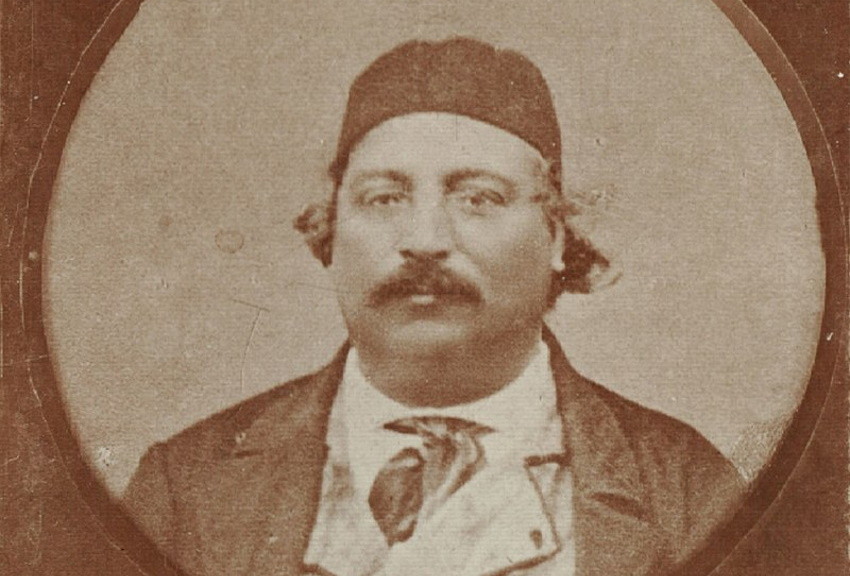The story of this song goes back to Bulgaria’s struggle for independence of the Ottoman Empire. It was created by Dobri Chintulov, teacher, poet and composer of the Bulgarian Revival period, who worked for the enlightenment and national self-awareness of his compatriots. Graduate of the Theological Seminary in Odessa, he was an advocate for national and church freedom.
Dobri Chintulov wrote the lyrics of the song "Kude si, vyarna ti lyubov narodna" ("Where art thou, faithful love of the people") while he was in Odessa. The tune, however, was probably the melody of another song, popular at the time, but whose title is now forgotten. Forgotten is the last word one can say about "Kude si vyarna ti lyubov narodna". The song became a symbol of the awakening of a nation. An awakening that started from a "spark of love" and turned into a "raging flame".

Together with “Stani, stani yunak balkanski” ("Wake up, wake up, Balkan hero"), “Viatar echi, Balkan stene” ("Wind is howling, Balkan is moaning") and several other revolutionary songs by Dobri Chintulov, it raised the spirit of the Bulgarian patriots during the April Uprising (1876) and the Russo-Turkish War that brought the Liberation of Bulgaria (1878-1879).
The conductor with Bulgarian roots, Italian upbringing and a German passport, Boian Videnoff – a talented and charming musician and manager with an enviable European career, was in Sofia in mid-March for two performances of "Madame..
95 years ago, on 2 April 1930, Bulgarian folk singer Stefka Sabotinova was born in the village of Rozov Kladenets in the Stara Zagora region, in the home of settlers from Aegean Thrace. It was from her grandmother, Dobra, a remarkable singer herself,..
Singer Ivelina Kolaksazova – IVE and the increasingly popular author, producer and performer Lyubomir Boyanov - Chaz have presented their new song "Byagam". It is a continuation of the story hinted at in their previous joint single ''Sinyoto v Ochite..

+359 2 9336 661
